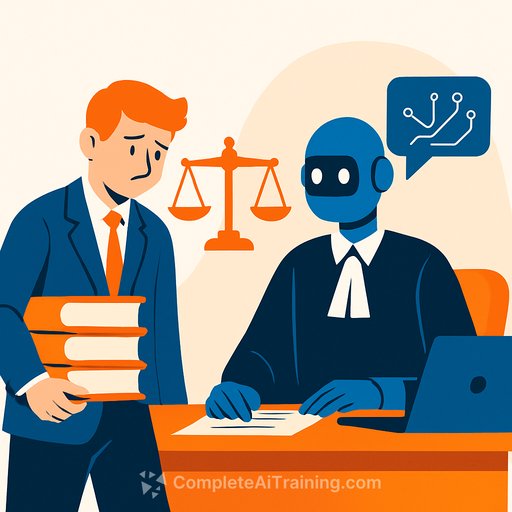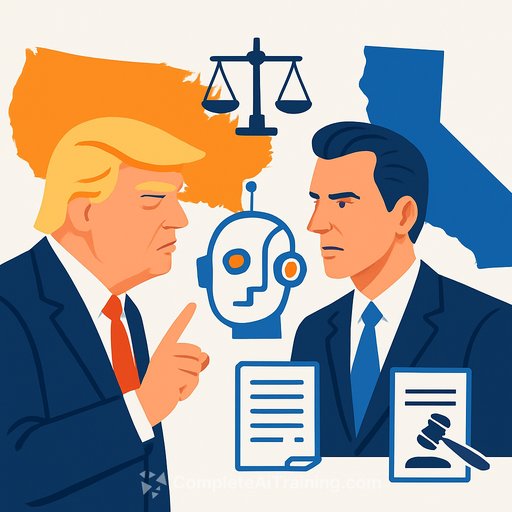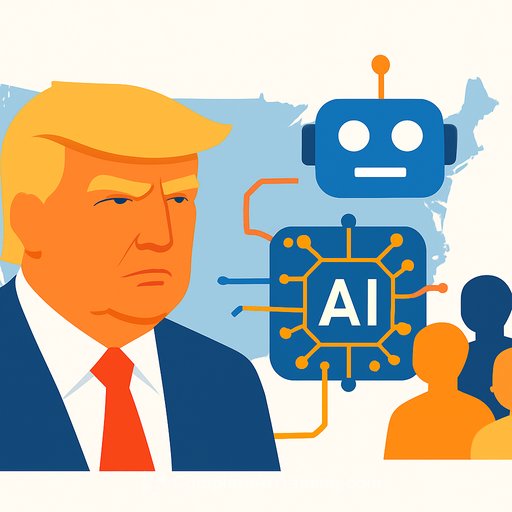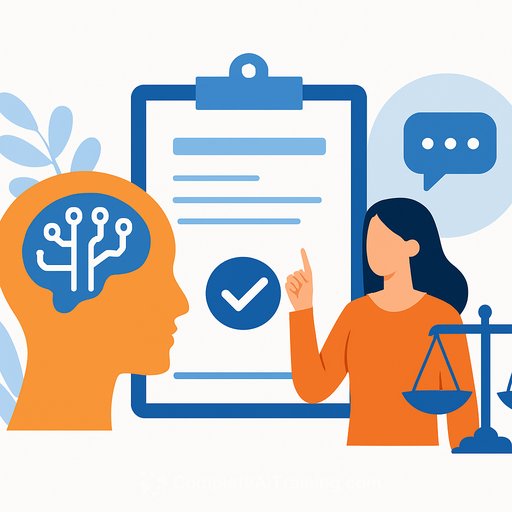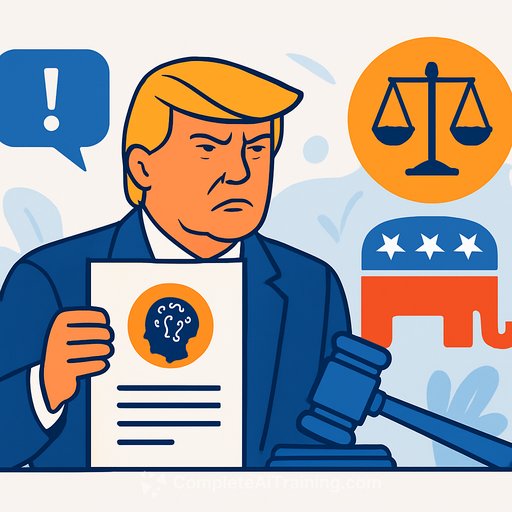Legal Automation And The Brutal Future For Junior Lawyers
Eleanor Lightbody, CEO of AI platform Luminance, has openly stated what many in legal circles have been quietly acknowledging: the future for junior lawyers is uncertain. Artificial intelligence is steadily eroding the document-heavy tasks that used to be billed by the hour. This shift reflects a broader change as AI moves from experimental tools to core infrastructure in legal work.
Billable Hours vs Machine Hours
The traditional model stacks junior lawyers in rooms to sift through mountains of documents, then bills clients accordingly. But AI is changing that. Tasks like contract review that once took days now take minutes. Clients no longer want to pay for manual highlighting of boilerplate language when software can do it faster and more accurately. Goldman Sachs estimates a significant portion of legal work can be automated, challenging the long-standing “training via timesheets” approach. CFOs and managing partners are increasingly aware of this shift.
Why Clients Secretly Welcome It
Lightbody calls this change an “opportunity,” but for many firms, it means software replacing junior staff. For clients, the benefits are clear: faster turnaround, fewer mistakes, and most importantly, smaller bills. AI doesn’t require billable hour targets, health benefits, or perks. It simply delivers results more efficiently.
Winners, Losers, and The AI Council Show
Law firms are rushing to launch AI taskforces, pilot programs, and governance councils to appear innovative. While these initiatives help, success depends on actually integrating AI into daily workflows. Firms that do this will reduce costs and free senior lawyers to focus on strategy. Those that treat AI as a PR exercise will struggle to justify maintaining large teams of document reviewers.
Law Schools, Brace Yourselves
If platforms like Luminance are accurate, the demand for entry-level billable hours will shrink. This poses a challenge for law schools producing thousands of graduates annually with promises of lucrative careers. The market will still reward sharp, tech-savvy minds—especially those skilled in directing and supervising AI—but the old path of “billable brawn” is disappearing.
Why It Matters
- For Lawyers: Adapt quickly. Skills like prompt discipline, data literacy, and process design are becoming essential.
- For Clients: Expect legal services to be cheaper, faster, and more consistent. Demand these outcomes.
- For Law Schools: Incorporate tech fluency and AI supervision into curricula so future lawyers understand legal AI developments firsthand.
The Takeaway
The polite fiction that AI simply “augments” junior lawyers is fading. Luminance’s growth points to a broader truth: fewer billable hours, fewer junior lawyers, and tougher conversations about pricing and staffing. The key question is whether firms will embrace AI or continue funding manual work that software completes faster and cheaper.
For legal professionals wanting to stay ahead, building AI-related skills is no longer optional. For resources and courses on AI and automation applicable to the legal field, explore options like Complete AI Training's legal-focused courses.
Your membership also unlocks:

